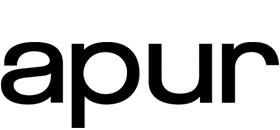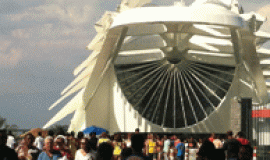After working between 2004 - 2008 on providing methodological support for the urban development of the run down historical neighbourhood and the study on the possibility of setting up a tramway in the capital, the first 2009-2010 co-operation project mission, between the City of Paris and Rio de Janeiro Municipality formed the beginning of a new phase of the decentralised co-operation project, for which co-funding by the French Ministry of Foreign and European Affairs (MAEE) was obtained.
The missions which followed made it possible to take stock of the changes which had taken place within the municipal administration and the political agenda in the field of urban development. They enabled the project for the period 2009-2010 to be defined in close discussion and collaboration with the municipal technical departments involved in the co-operation and local authority representatives.
Three lines of co-operation were defined for the period up to the end of 2011: urban revitalization of the run down Rio Comprido neighbourhood / Improvement of public transport systems on the scale of the city centre / The drawing up of an innovative, rented social housing pilot-project, in collaboration with the City of Paris public housing agency -Régie immobilière de la Ville de Paris.
In 2015, co-operation between the two capitals was renewed, more specifically dealing with animation in public space thanks to mixed use being developed with the aim of economically, socially and culturally rendering the historical centre of Rio more attractive and pleasant to live in. Particular attention should also be paid to the exceptional architectural, landscape and environmental heritage of Rio.
In 2016 and 2017, in the context of a contract financed by AFD and in partnership with Systra, Apur participated in drawing up a densification and urban development plan along the metro line running from Pavuna to Rio de Janeiro.
At the end of 2017, Apur participated in an urban workshop in Rio on three public spaces that are representative of the city centre. The objective was to redefine them using methodology developed in Paris since 2014 for the “7 Squares “.



